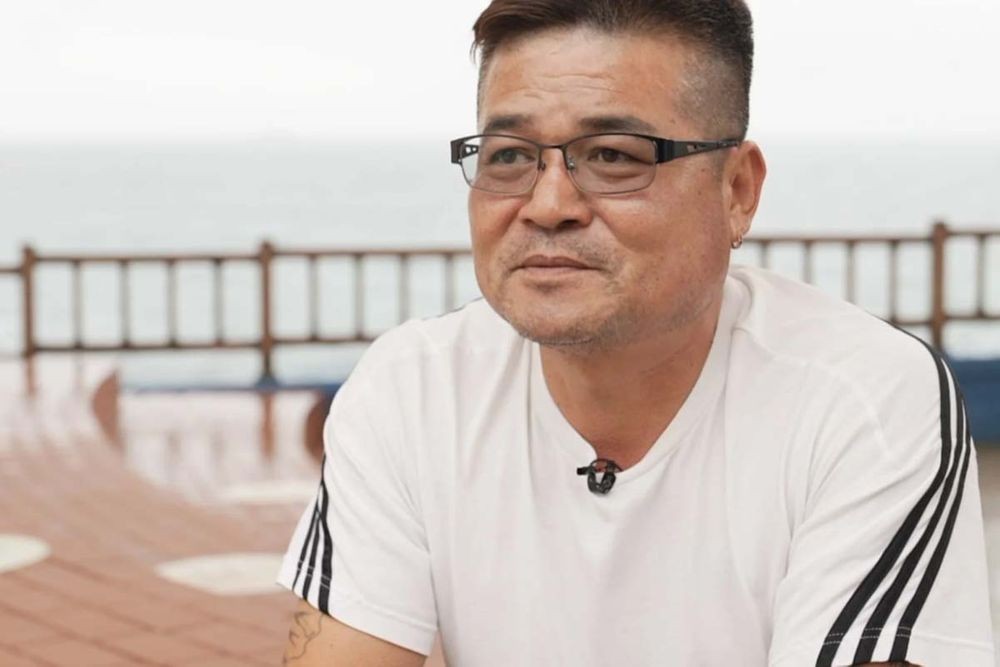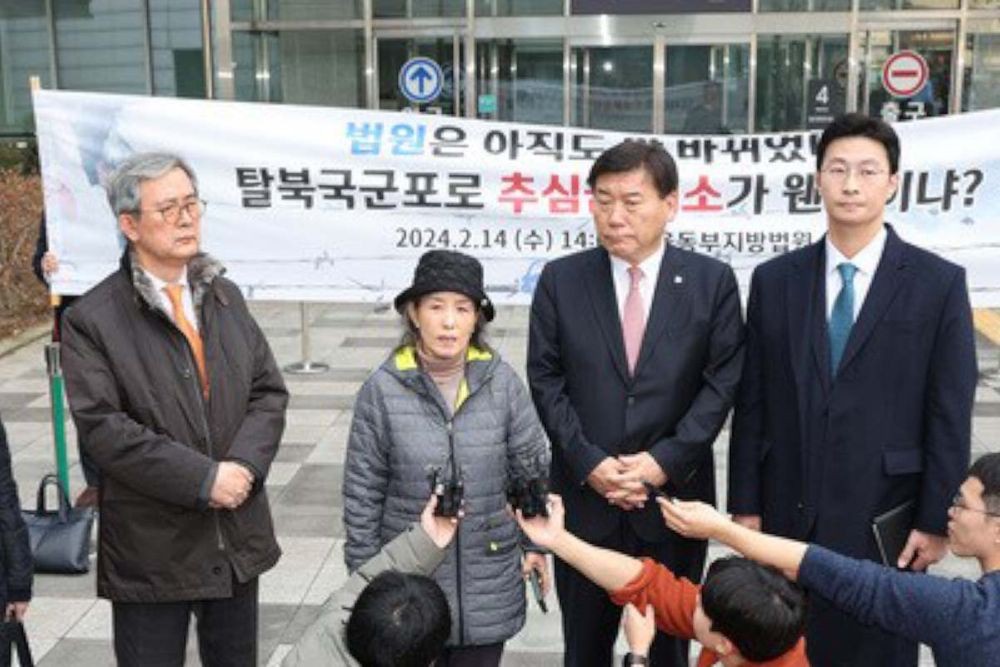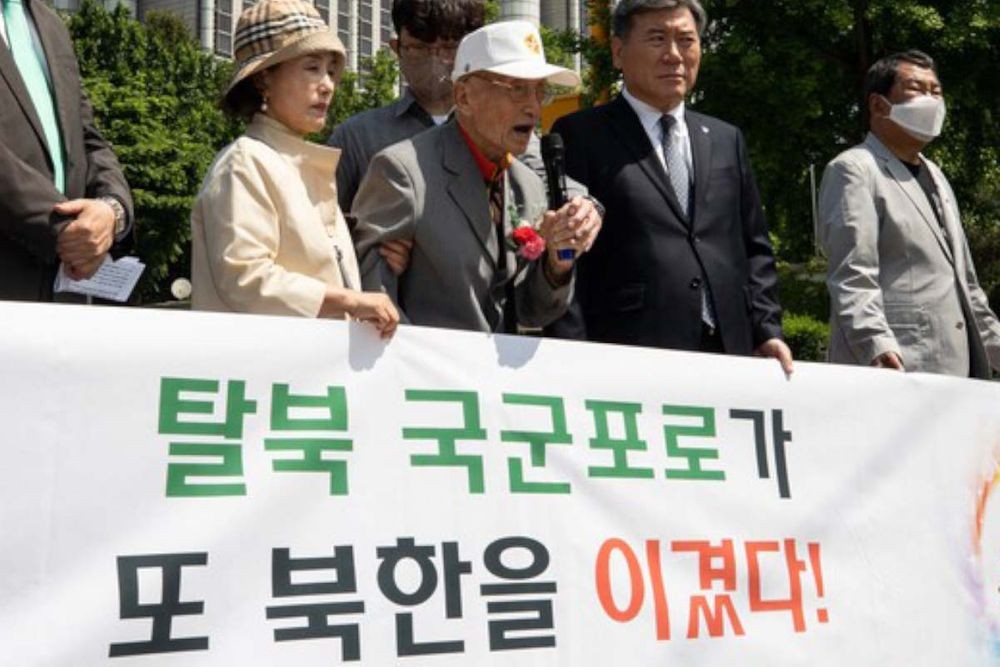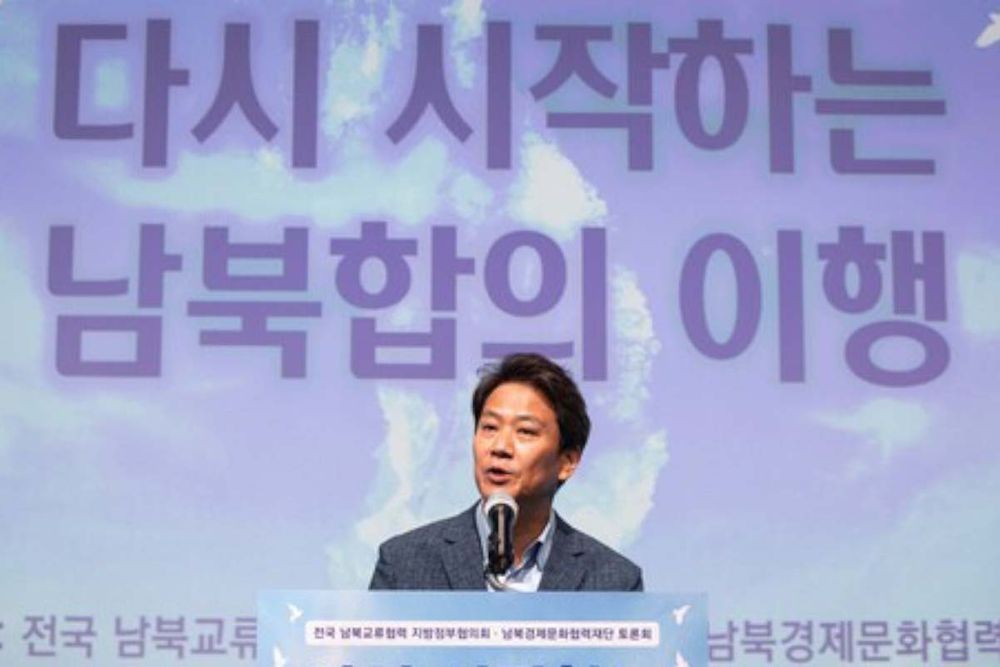Families Still Seek Justice for North Korean Atrocities

There is a lot of fighting against North Korea’s leader, Kim Jong Un. Among them is Ko Seok Ju, the son of Ko Won Seok, a victim of the Uljin-Samcheok North Korean armed communist infiltration incident that occurred in November 1968. He is suing North Korea and Kim Jong Un, with the case set to continue until 2024.
Nearly 60 years have passed since the armed incursion in the Gangwon-do region, and while time has faded, the memory of the incident and the pain remains fresh for the families of the victims. From October 30 to November 1, 1968, approximately 120 armed guerillas from North Korea infiltrated the Uljin and Samcheok regions over three days. On November 4, the Espionage Countermeasures Headquarters launched a large-scale sweep operation, mobilizing military and reserve forces in response to a series of reports coming in.
The North Korean armed guerillas committed indiscriminate violence and even murder against unarmed civilians, displaying inhumane behavior.
Among the victims was the family of Ko Won Sik, a reserve army lieutenant and the father of Ko Seok Ju. While he was away from home for one night to conduct operations against the invading North Korean guerillas, his entire family was brutally murdered by the North Koreans. His parents, wife, and two young daughters were all cruelly killed.
In remote areas of Gangwon-do, particularly difficult-to-reach regions like Pyeongchang, Inje, and Jeongseon, dozens of victims were reported. The famous anecdote of Lee Seung Bok saying, “I don’t like the Communist Party,” is also known to be from this period.

Attorney Ryu Jae Yul, who is handling Mr. Ko’s case, expressed shock at the reality, saying, “It’s absurd that only the incidents involving Lee Seung Bok and Ko Won Sik have been publicly revealed, given the number of civilians sacrificed by North Korea.” He criticized the South Korean government for never allowing even the minimum of victim appeals and for not initiating any investigations. In response, the Truth and Reconciliation Commission began investigating the incident in 2023. Mr. Ko explained that his father’s enduring pain and sorrow from the massacre of his family was the reason he started suing North Korea and Kim Jong Un.
Another group suing North Korea and Kim Jong Un are the Korean War POWs, who left countless scars on the land and hearts of the Korean people.
It is estimated that about 80,000 South Korean POWs were captured by North Korea, as per the South Korean government and the UN Command. They were forced to labor in harsh coal mines for a long time without proper living conditions. After the armistice, only about 10% of them, approximately 8,300 people, were able to return to South Korean soil through official POW exchanges between the two Koreas.
The news of the POWs who couldn’t return was heard through the Korean War POW support group Mumangcho. The director of Mumangcho, Park Sun Young, said, “The POWs who couldn’t return to South Korea and were detained in the North memorized their military numbers, home addresses, and family names every night, looking at the ceiling.” She explained that they did this hoping to prove their identities with their military numbers and family names when their country came to rescue them.

In May last year, Judge Sim Hak Sik of the Seoul Central District Court ruled in a damage compensation lawsuit filed by defected Korean War POW Kim Sung Tae and three others against North Korean authorities and Kim Jong Un that “The defendants should pay each plaintiff $42,000.” Judge Sim explained the reason for the judgment, saying, “The defendant’s actions constitute a completely illegal act, and it is clear that the plaintiffs suffered long-term mental anguish as a result.”
Five Korean War POWs, including Mr. Kim, filed a lawsuit for damage compensation amounting to $17,640 each in September 2020, claiming that they were forced to labor in coal mines for 33 months during the Korean War as part of the North Korean Ministry of Internal Affairs construction team. They received a verdict about 32 months after filing the lawsuit.
Afterwards, the court had no way to inform the North Korean government and others of the facts related to the lawsuit, so it proceeded with public delivery of the complaint. The trial was delayed as the first trial was postponed due to the public delivery. Public delivery is a process in which lawsuit documents are considered delivered by hanging them on court bulletin boards or similar places when the other party’s address is unknown or when lawsuit documents cannot be delivered overseas.

However, even though they won the lawsuit, it was not easy for the plaintiffs to receive compensation from North Korea; the only way to receive compensation from North Korea is to receive funds from the South-North Economic and Cultural Cooperation Foundation (from now on referred to as the Cooperation Foundation). The Cooperation Foundation is known as an organization that collects copyright fees for North Korean videos or works used by domestic broadcasting companies and publishers. From 2005 to 2008, the Cooperation Foundation transferred nearly $670,000 to North Korea under copyright fees. The foundation refuses to disclose the route and recipient of the funds sent to North Korea for various reasons, making it difficult to confirm the fundraising method.
The Cooperation Foundation has deposited the collected copyright fees with the court. The copyright fees deposited with the court by the Cooperation Foundation are known to be the only North Korean assets in South Korea, and there are several lawsuits demanding compensation in the form of copyright fees.














Most Commented